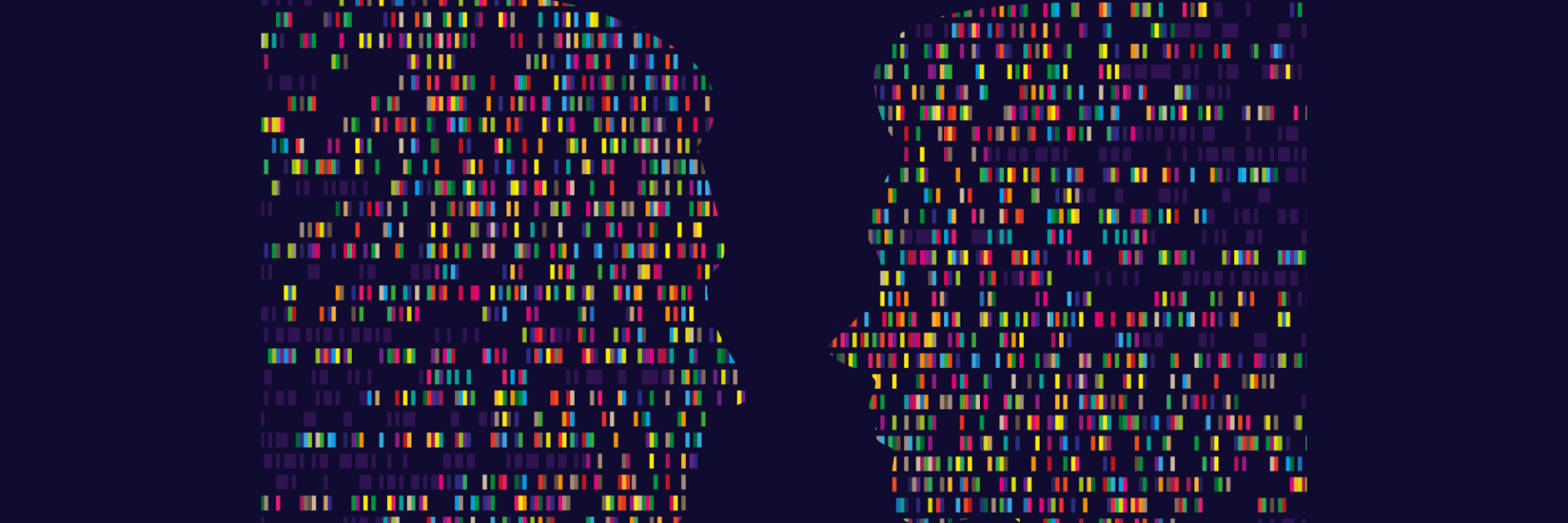Abidjan, 30 June 2025 - Amid growing pushback on gender equality and increasing financial constraints, African policymakers, gender experts, and development actors are calling renewed collaboration and sustained investment in national gender data systems across the continent.
This message is at the heart of discussions at the Seventh Africa Gender Statistics Forum (AGSF 2025), underway in Abidjan from 30 June to 4 July. The Forum is jointly organized by Côte d’Ivoire’s National Statistics Agency (ANSTAT) the African Union Commission, the African Development Bank, the Economic Commission for Africa, UN Women, Open Data Watch with funding support from the Korea-Africa Economic Cooperation (KOAFEC) Trust Fund.
Côte d’Ivoire, the host country of AGSF 2025, has made notable progress in recent years in collecting, analyzing and using gender data to guide public policy.
“These statistics are essential to understand the lived realities of girls and women and to design effective programs and policies that eliminate inequality,” affirmed Thiekoro Doumbia, Director General of ANSTAT.
Held under the theme “Sound Statistics for ALL Women and Girls: Rights, Equality and Empowerment,” AGSF 2025 brings together over 150 participants from 40 African countries, including government representatives, statisticians, civil society, and development partners from across the continent.
Taking place in the context of Beijing +30, the Forum also serves as an opportunity to reflect on Africa’s journey in gender statistics since the 1995 Beijing Declaration and Platform for Action, assessing progress made and persistent gaps.
“Statistics provide a solid foundation for good decision-making and gender statistics are crucial for identifying vulnerabilities among women, girls, men, and boys and responding appropriately,” said William Muhwava, UN Economic Commission for Africa (ECA) Chief for Demographic and Social Statistics Section.
Throughout the week, participants have engaged in high-level dialogues, technical sessions, and peer exchanges on priority issues ranging from gender-based violence statistics and inclusive data systems to social protection, migration, and normative frameworks.
Among the Forum’s highlights is the presentation of the Africa Gender Index 2023 Analytical Report, a flagship publication of the African Development Bank and UNECA.
According to the Index, African women and girls continue to be left behind in economic, social and political spheres, despite progress in some sectors.
“This Forum is a unique opportunity to turn numbers into narratives, analysis into action, and data into social justice for all African women and girls,” said Nathalie Gahunga, Manager of the Gender and Women Empowerment Division at the African Development Bank. “Data is the key to change. Yet, in 15 African countries, only 52% of gender-related indicators clearly differentiate between women and men. This gap undermines progress in maternal health, political participation, and violence prevention. “ Gahunga added.
According to UN Women and PARIS21, African countries have achieved just over 50% of their potential gender data capacity. While some countries are performing above the global average, the continent lags, highlighting the urgent need for sustained investment and coordination, as well as long-term investment in gender statistics. Hence, across the continent, governments, civil society, development institutions, and NGOs are working to ensure that the realities of women and girls are reflected in the data, ultimately informing policies and programs. In effect, “An Africa that is people-driven needs sound data that accurately reflects the realities of women and girls,” said Aberash Tariku Abaye Africa, Coordination Statistics Expert at the African Union/STATAFRIC.
“Including women in Africa’s development is therefore critical for sustainable economic growth and social development,” said Adjaratou Ndiaye, Country Representative, UN Women, Côte d'Ivoire.
“We can’t achieve that without strong gender data, and this calls for countries and sectors to work closely together to identify and address gaps for stronger data systems across the region,” said Ndiaye.
The Forum will conclude on 4 July with a set of forward-looking recommendations aimed at reinforcing gender data ecosystems, improving coordination between producers and users, and ensuring that policy design across Africa is rooted in robust evidence.
For media enquiries, please contact:
|
UN WOMEN |
Fatim Toure, Communication Specialist, Côte d’Ivoire Rokhaya Ngom, Regional Gender Statistics Communication Specialist, West and Central Africa office Sylvia Maina, Regional Gender Statistics Communication Specialist, Eastern and Southern Africa office
|
|
AFDB |
Raissa Girondin, Communication consultant |
|
ECA |
Aristide Somda, Communication Officer |

